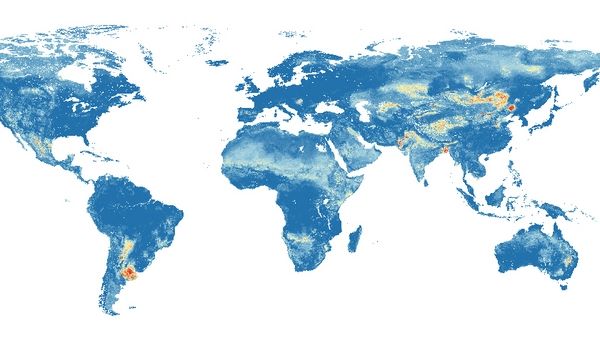A risk model developed by Eawag researcher Joel Podgorski now shows that up to 220 million people worldwide could be affected.
Today, one third of the world’s population obtains its drinking water and water for irrigation from groundwater reserves. Global population growth and water scarcity due to climate change mean that the pressure on this resource is continually increasing. However, many wells are contaminated with naturally occurring arsenic. When ingested over a long period of time, the metalloid can cause liver, kidney and heart damage as well as cancer.
Michael Berg and his team from Eawag's Water Resources and Drinking Water Department have already carried out various studies to determine the extent of arsenic-contaminated groundwater aquifers: Firstly, the researchers found toxic arsenic concentrations in groundwater during field work in Cambodia, Vietnam, and the Amazon region. They then developed regional arsenic risk maps for China, Pakistan and South East Asia.
Continue reading at Swiss Federal Institute of Aquatic Science and Technology
Image via Swiss Federal Institute of Aquatic Science and Technology


